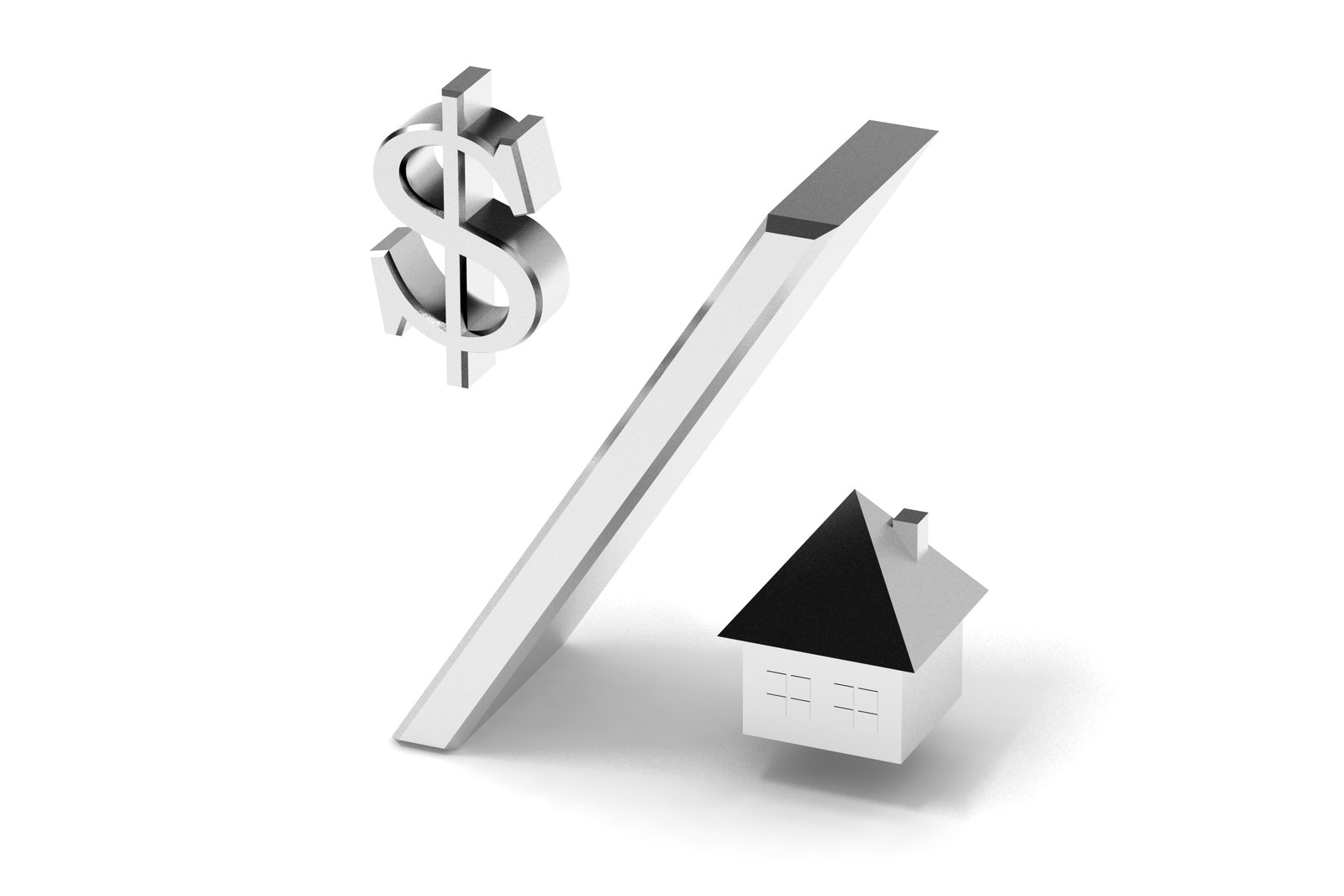Should You Be Considering a Jumbo Home Loan?
Buying a home is a big decision, and it isn’t a cheap one at that. For most buyers, home loans are a necessity when it comes to purchasing a home.
The number of loan options can be overwhelming, however, and many loans are limited to $453,100 in the United States. What are buyers of more expensive homes supposed to do? Should You Be Considering a Jumbo Home Loan?
Jumbo loans are the perfect answer for people who are buying homes over that $453,100 limit. A jumbo loan is simply a mortgage loan for high-priced or luxury homes that exceed Fannie Mae and Freddie Mac conforming loan limits. These loans are perfect for those with a lower debt-to-income ratio and a higher credit score.

Pros of a Jumbo Home Loan
The biggest upside to a jumbo loan is that you can get a larger loan amount to help finance a larger home purchase. With most conforming loans being limited to $453,100, many buyers may find it difficult to purchase a home worth more than that amount.
With jumbo loans, you are likely to get a loan for up to $2,000,000 without problems if you meet the criteria for the loan. Jumbo loans often don’t require a larger down payment than conforming loans, especially for those with high credit scores.
In some cases, jumbo loans actually have better interest rates than conforming loans. For those purchasing a second home, jumbo loans also offer some creative options for the buyer.
Cons of a Jumbo Home Loan
The only real downside to a jumbo home loan is that it isn’t guaranteed by the Federal Housing Administration or the Department of Veteran Affairs. This can quickly scare potential homebuyers away from a jumbo loan.
Qualifying for a jumbo loan is also more difficult than qualifying for a conforming loan. This is because the lender wants to ensure that the homeowner can make the necessary payments.
Qualifying for a Jumbo Home Loan
While the general idea for qualification for a jumbo loan is the same as with conforming loans, there are additional parameters that should be considered when applying for a jumbo home loan.
Lenders will look at your credit score, your debt-to-income ratio, your down payment, and the money you have left over after closing to determine your eligibility for a loan.
When it comes to credit scores, you need the same credit score to be eligible for a conforming loan and a jumbo loan. The baseline credit score is generally around 660, but the higher the credit score, the better. With a credit score of 780 or higher, you are able to get better rates on those loans.

Jumbo loans are more stringent than conforming loans when it comes to the amount of money you have left after closing. With a jumbo loan, your lender will likely want to see 12 months of reserves after the close. Half of these reserves should be liquid, while the other half can be from retirement assets.
Often, jumbo loans require less than the 20 percent down that most conforming loans require bypassing mortgage insurance.
Some lenders allow down payments that are less than 10 percent to jumbo mortgage recipients without insurance. Instead of mortgage insurance, many lenders require jumbo loan recipients to pay a higher rate and have lower debt-to-income ratios.
The home buying process can be stressful, but knowing that there are more options can help ease the stress. Consider speaking with your realtor and lender about the possibility of a jumbo home loan.